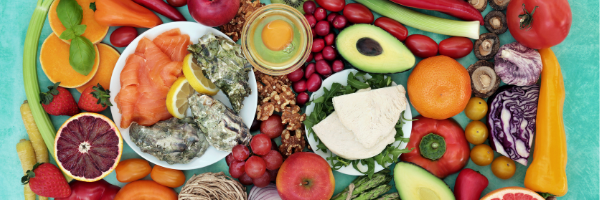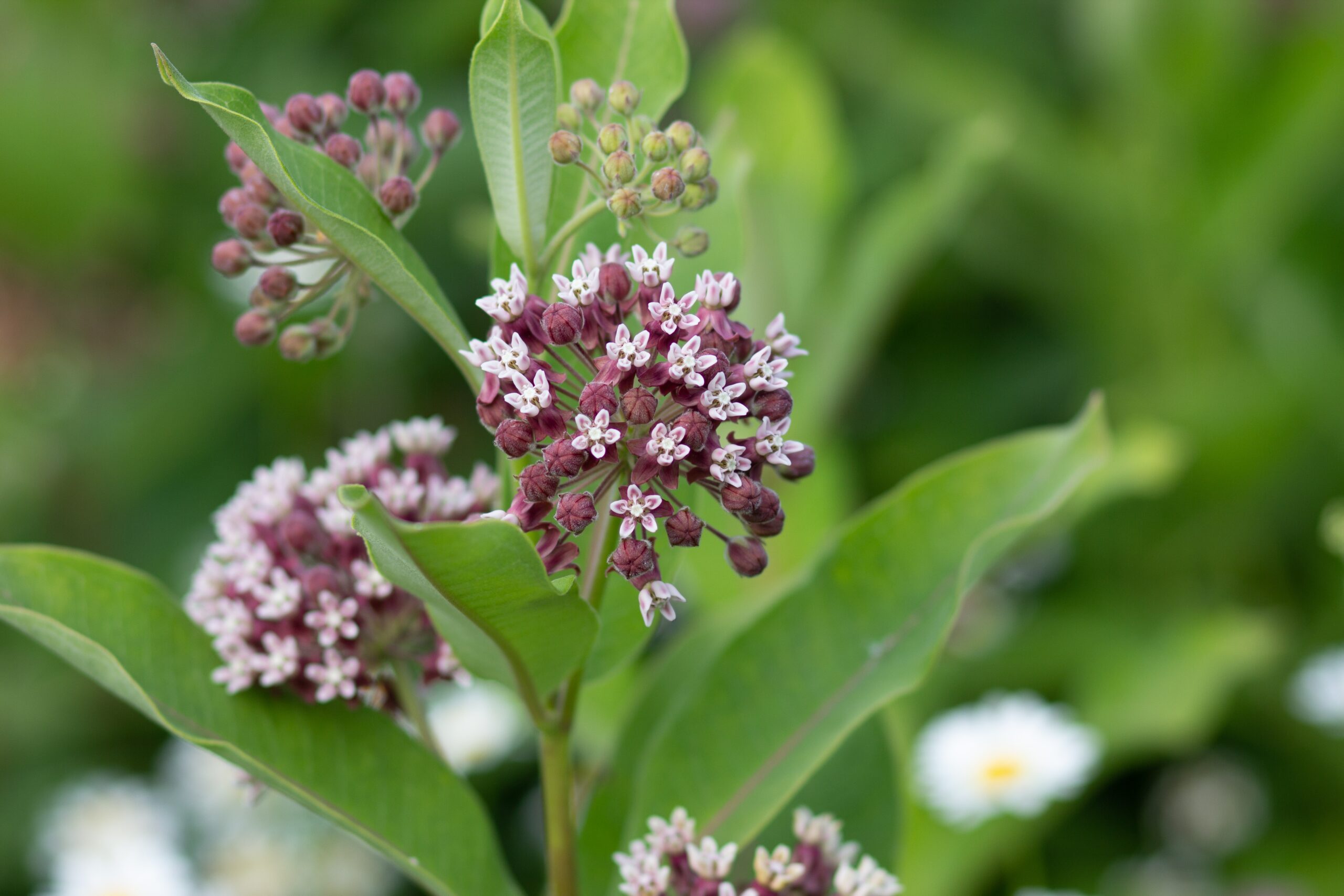How we practice wellness daily will determine how strong our immune system will or will not be. There are many ways to help boost your immune system, food being a very important one. Focusing on eating a variety of food first and then supplementing what you aren’t getting in your diet is the best approach. Also, it is always a good idea to consult your doctor before adding supplements to your diet, especially if you are taking medication, as some supplements can interact with some medications.
This article will discuss which foods will support a strong immune system and why. It will also give you some other lifestyle tips for an extra boost.
First, we are going to break it down into categories based on nutrients that we need for our immune systems. Vitamin D, zinc, and antioxidants (flavonoids, vitamin E, and vitamin C) are particularly important. There are other options you could add, but this is a great place to start.
Vitamin D
The most common vitamin to supplement is D3. If you follow a vegan diet, this wouldn’t be your best choice. You should be taking D2 instead, as D3 is derived from animals and D2 is from plants. Vitamin D is called the sunshine vitamin, but it is actually a prohormone. A prohormone is a substance that the body converts to other hormones.
The best way to get vitamin D is by going outside in the sunshine — when the sun hits your skin, vitamin D is produced. In fact, only 10% of the vitamin D that the body needs comes from food, the body makes the rest of the necessary vitamin D itself.
This is why spending about 20 minutes outside every day is important for your body to produce the remaining 90% of vitamin D that is needed. Vitamin D is important to support healthy immune function, as it is used in many bodily functions, including regulating certain important neurotransmitters in the body (which affect your mental and emotional health).
You can get some vitamin D through food; Vitamin D3 can be found in oily fishes, red meat, egg yolks, and butter, while vitamin D2 can be found in mushrooms.
The best form of vitamin D to take is liquid D3, but if you are vegan, D2 is your only choice. That being said, getting outside every day is the way to go, plus supplementing, especially during cold and flu season or you if live in a country that has seasons with less sunlight.
Zinc
Zinc is another vitamin that is crucial for immune health and metabolism function. It is also important for your sense of taste and smell. If you have a variety of foods in your diet, you are mostly likely getting enough.
I find more and more that people aren’t getting in a variety of foods due to diet culture labelling so many foods as “bad” to eat. By demonizing and avoiding particular food groups, there is a greater chance of missing out on needed nutrients. We end up eating the same foods daily, leaving us low on the vitamins and minerals needed to support our immune systems (keep your eyes open for an upcoming article on “diet culture” and how it is hindering our wellness, instead of improving it).
Supplementing your diet with zinc can be beneficial during cold and flu season, but zinc does reduce the effectiveness of certain drugs (again, talk to your doctor first, especially if you must regularly take medication) and in high doses can cause side effects like nausea, headaches, and indigestion.
How to get it through food:
- Seafood (oysters have the highest levels of zinc)
- Beef
- Beans
- Chicken
- Pumpkin seeds
- Chickpeas
- Yeast
If you aren’t getting enough zinc through food, supplementing could be an option, especially if you are vegan or not eating a lot of seeds or nuts. Zinc picolinate is the best form of zinc for absorption by your body. Pay attention to how you are feeling when you take it, because you don’t need much. If you start getting headaches or feel nauseous, you are most likely taking too much.
Antioxidants
There are many forms of antioxidants that all have different roles in fighting against free radicals and other attacks on the body. This can be environmental or self-inflicted (smoking, eating a lot of processed foods, air pollution, etc.).
Given that “antioxidant” is a very broad term, getting a variety of foods (fruits and vegetables) in different colours is very important to support a healthy immune system.
Vitamin C, flavonoids and vitamin E are considered types of antioxidants and we will break them down into separate categories; but first, here is how to get antioxidants through food generally:
- Cacao – powder or nibs
- Blueberries
- Goji berries
- Raspberries
- Kale
- Red cabbage
- Beans
- Beets
- Spinach
- Honey
Food Sources of Vitamin C
- Citrus fruits
- Bell peppers (red bell peppers have the most vitamin C)
- Kiwi
- Broccoli (cooked)
- Brussels sprouts (cooked)
- Cantaloupe
- Cabbage

Food Sources of Flavonoids
Flavonoids, which come in many forms, are a type of phytonutrient; phytonutrients give fruits and vegetables their colour.
- Berries
- Red cabbage
- Onions
- Kale
- Parsley
- Tea
- Red wine
- Cacao – powder or nibs
- Soy
- Citrus fruits
Food Sources of Vitamin E
- Wheat germ oil
- Sunflower, safflower, and soybean oil
- Sunflower seeds
- Almonds
- Peanuts, peanut butter
- Beet greens, collard greens, spinach
- Pumpkin
- Red bell pepper
- Asparagus
- Mango
- Avocado
Again, I’d like to make it clear that eating a wide variety of fruits and vegetables is important, so you get the vitamins and nutrients that you need.
You can supplement your antioxidant intake in many ways, including taking vitamin C. Taking extra vitamin C is likely to be harmless, but if you eat a lot of vitamin C-rich foods, you may only want to supplement during cold and flu season.
Quercetin is a common flavonoid to take as a supplement. It supports a healthy immune system, especially if you have allergies or skin issues like eczema or psoriasis.
Astragalus root, chamomile, and gingko biloba are other types of antioxidants and flavonoids.
Herbs and Spices for Extra Support
All of these contain some form of immune-boosting property:
• Garlic
• Cinnamon
• Cumin
• Turmeric
• Black pepper
• Cloves
• Oregano
• Basil
• Thyme
• Parsley
Tips to Help Boost Immunity Besides Nutrition
1. Exercise: working out in some form 3–4 times a week, plus daily non-exercise activity, supports a healthy immune system. It can help flush out bacteria from your lungs and airways. Exercise promotes healthy white blood cell counts that are crucial to fighting disease in the body. Exercise also normalizes cortisol levels in the body; however, if you over-exercise, it can do the opposite. Find out what works for you in a way that consistently energizes you.
2. Managing stress: as just mentioned, cortisol levels can affect your immune system. Managing your stressors should be a daily practice.
3. Get quality sleep: sleep is not just to help you feel more energetic. It is also important for a healthy immune system. If you can’t get 8 hours of sleep, focus on the quality of sleep. Your night-time routine should consist of eating your last meal three hours before bed, shutting off all electronics one hour before bed, and journalling your thoughts so that you let go of your day.
Sources:
Grant, W.B., Lahore, H., McDonnell, S.L., Baggerly, C.A., French, C.B., Aliano, J.L., Bhattoa, H.P. 2020. Evidence That Vitamin D Supplementation Could Reduce Risk of Influenza and COVID-19 Infections and Deaths. Nutrients, 12(4): 988, Url: https://www.mdpi.com/2072-6643/12/4/988 (accessed Jan 11, 2021).
Medline Plus. n.d. Zinc in Diet. Url: https://medlineplus.gov/ency/article/002416.htm#:~:text=Zinc%20is%20found%20in%20cells,senses%20of%20smell%20and%20taste (accessed Jan. 10, 2021).



